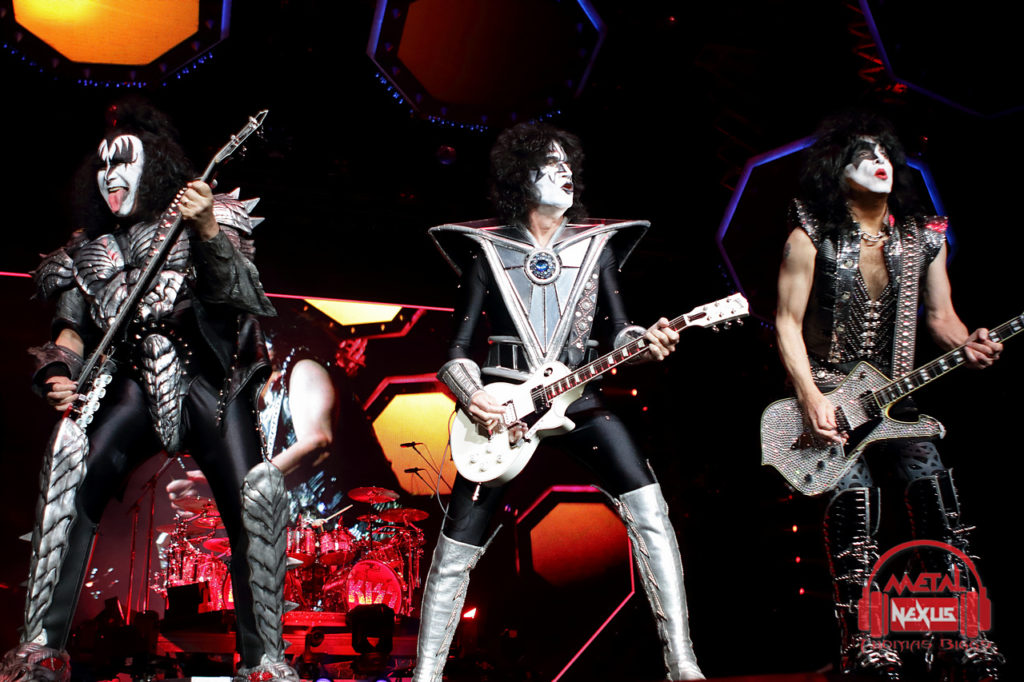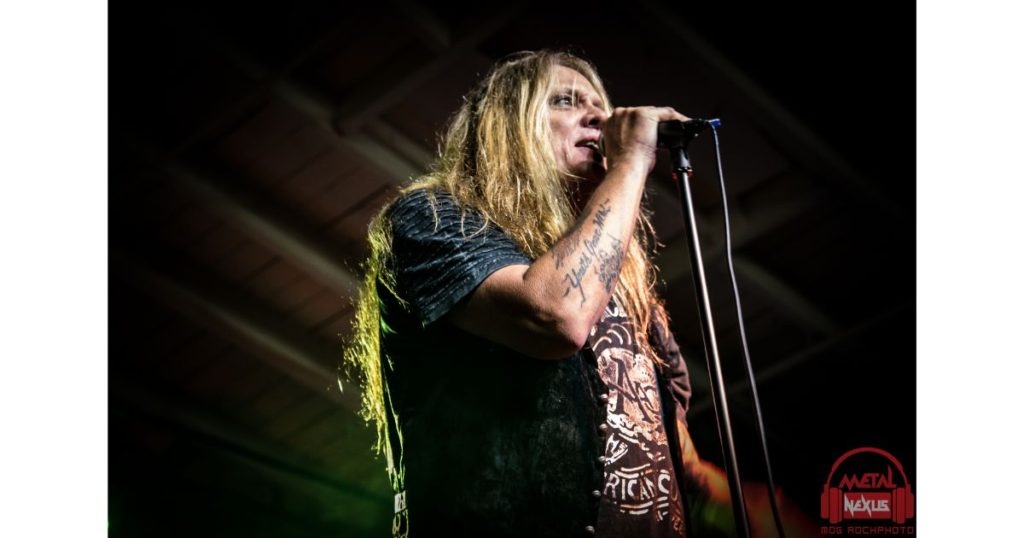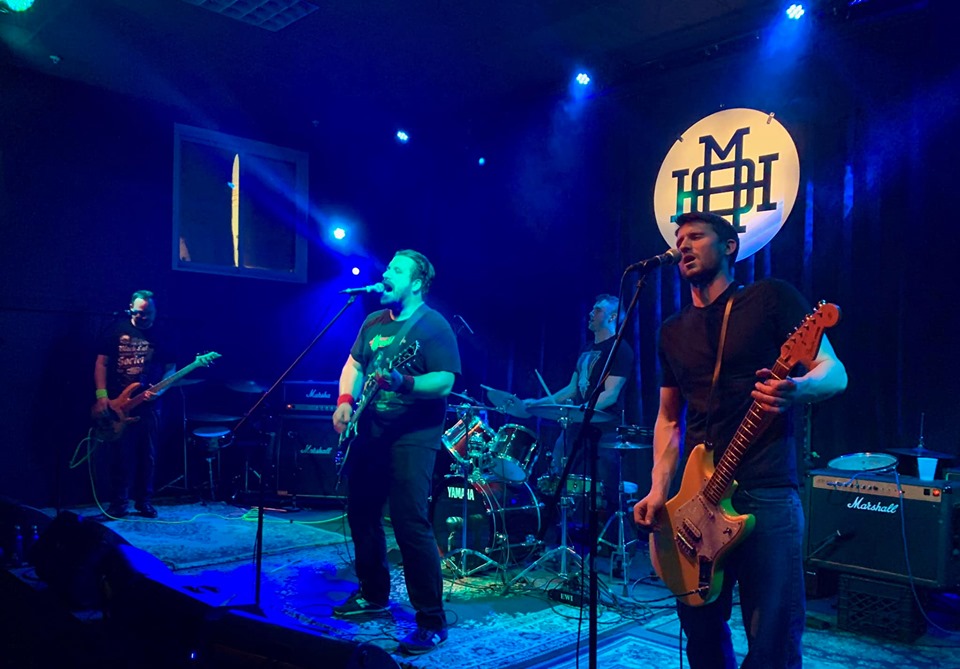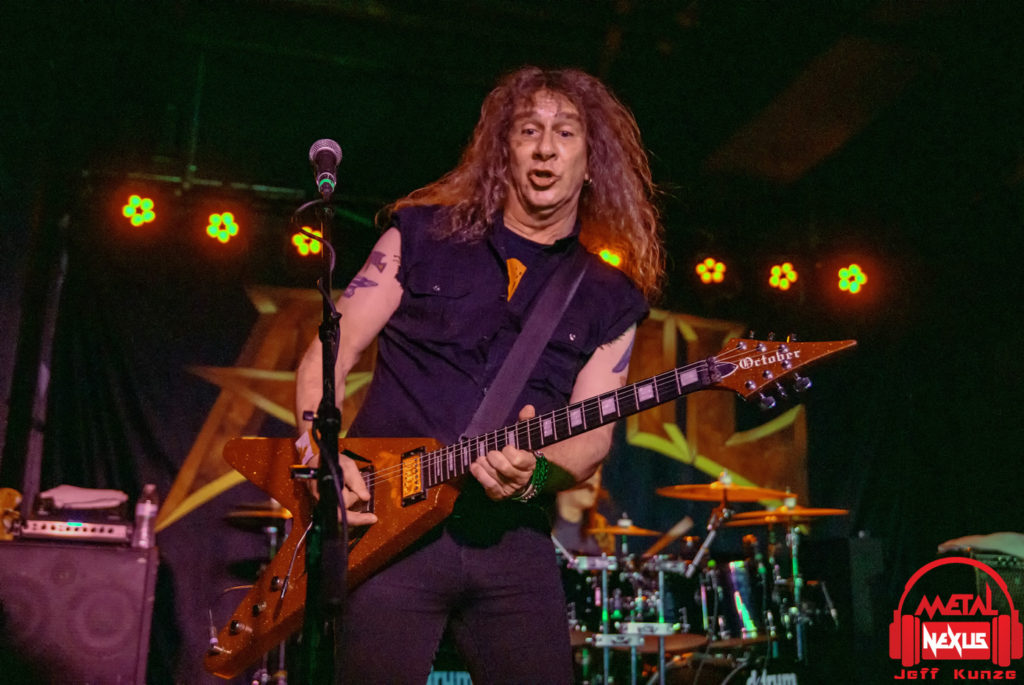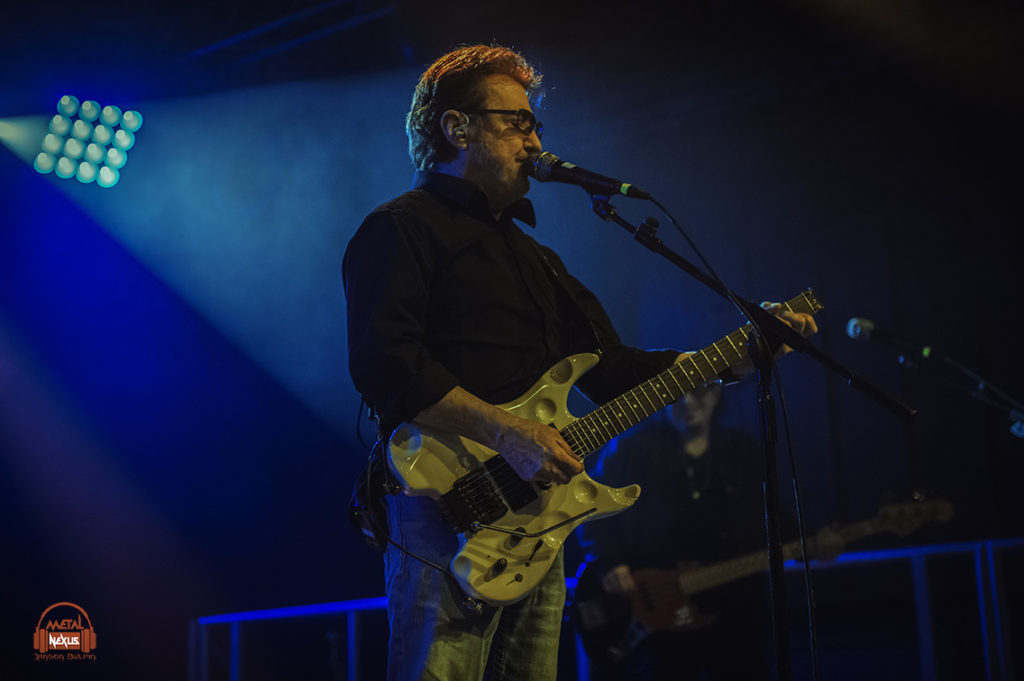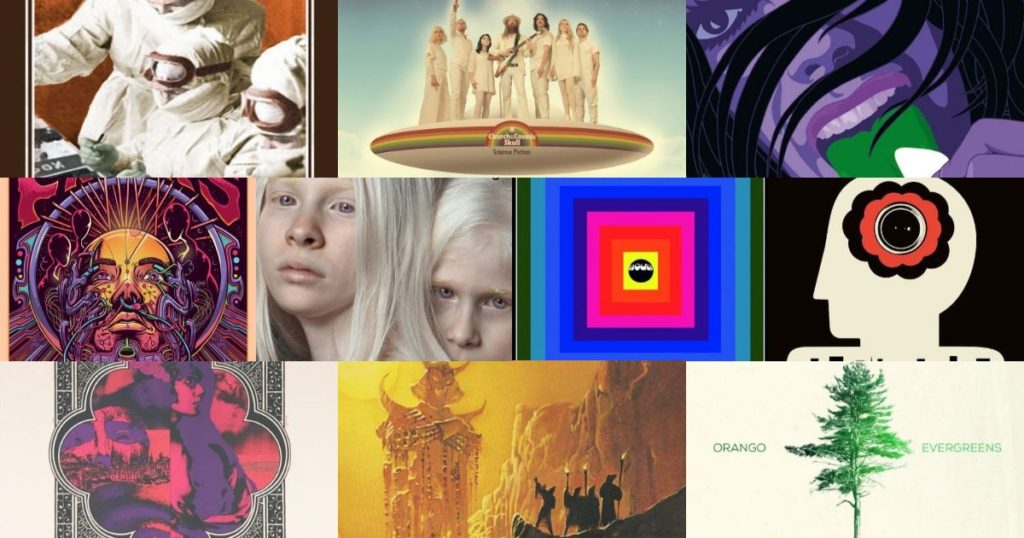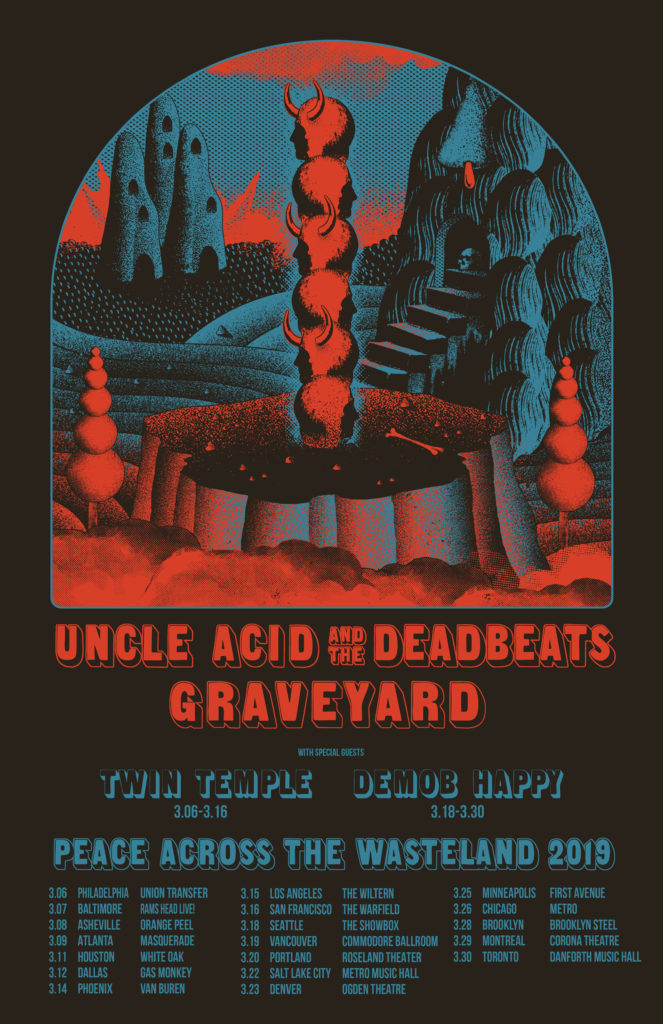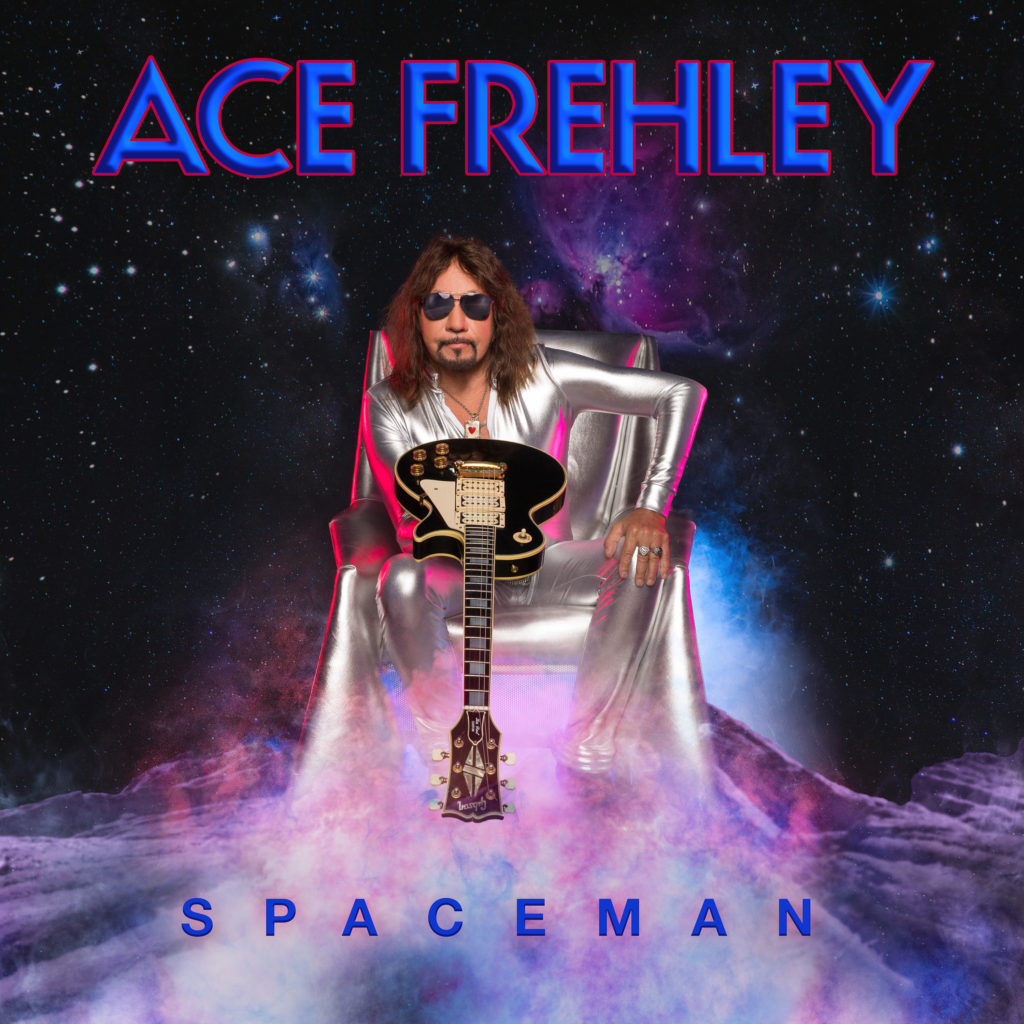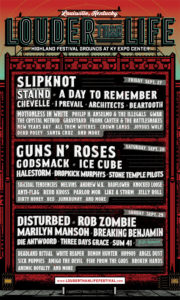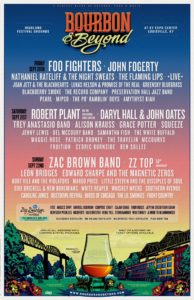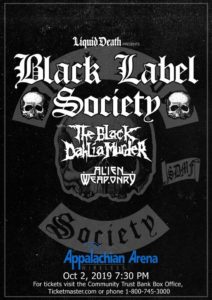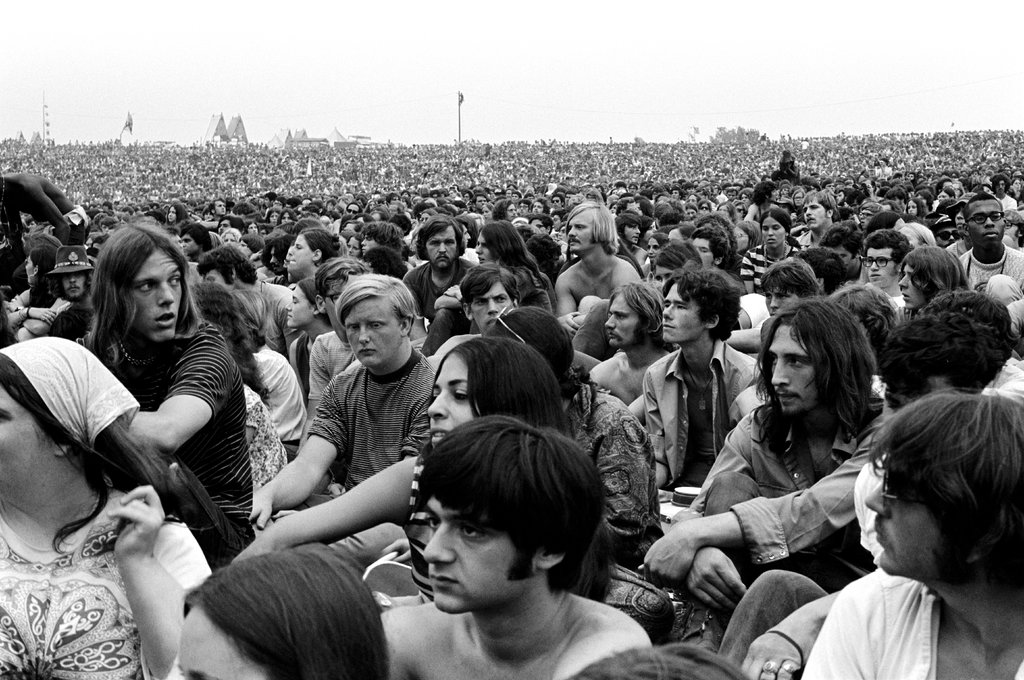 For Americans, Woodstock is largely known as an iconic cultural event in the history of popular music that would leave its mark for generations to come. Even though the festival itself took place years before many of us were even born (myself included), its impact can still be seen in many ways today, especially on the way we experience live music. The modern concert crowd may glow in a sea of iPhones rather than Zippos, but the sense of community brought together by music, in many ways, still remains the same. While today’s age of annual festivals such as Coachella, Lollapalooza, SXSW, and others (touted fervently on social media by hashtag-craving, attention-seeking attendees) take the concept of a massive, multi-day concert to rake in boatloads from inflated entry fees, concessions, and merch, Woodstock, on the other hand, became something much deeper than the latest big trend in pop music – it was a movement. In 1969, during the heart of the Vietnam war, sexual politics, and civil rights struggles, Woodstock and the music of its time represented a call for change in America. During a peaceful gathering of nearly 500,000 people on a small dairy farm in upstate New York, Woodstock would, in fact, change history. This documentary, Woodstock: Three Days That Defined a Generation is an in-depth look, featuring never-before-seen footage, into the landmark event told by those who helped create it and those who experienced it firsthand. Continue reading →
For Americans, Woodstock is largely known as an iconic cultural event in the history of popular music that would leave its mark for generations to come. Even though the festival itself took place years before many of us were even born (myself included), its impact can still be seen in many ways today, especially on the way we experience live music. The modern concert crowd may glow in a sea of iPhones rather than Zippos, but the sense of community brought together by music, in many ways, still remains the same. While today’s age of annual festivals such as Coachella, Lollapalooza, SXSW, and others (touted fervently on social media by hashtag-craving, attention-seeking attendees) take the concept of a massive, multi-day concert to rake in boatloads from inflated entry fees, concessions, and merch, Woodstock, on the other hand, became something much deeper than the latest big trend in pop music – it was a movement. In 1969, during the heart of the Vietnam war, sexual politics, and civil rights struggles, Woodstock and the music of its time represented a call for change in America. During a peaceful gathering of nearly 500,000 people on a small dairy farm in upstate New York, Woodstock would, in fact, change history. This documentary, Woodstock: Three Days That Defined a Generation is an in-depth look, featuring never-before-seen footage, into the landmark event told by those who helped create it and those who experienced it firsthand. Continue reading →





